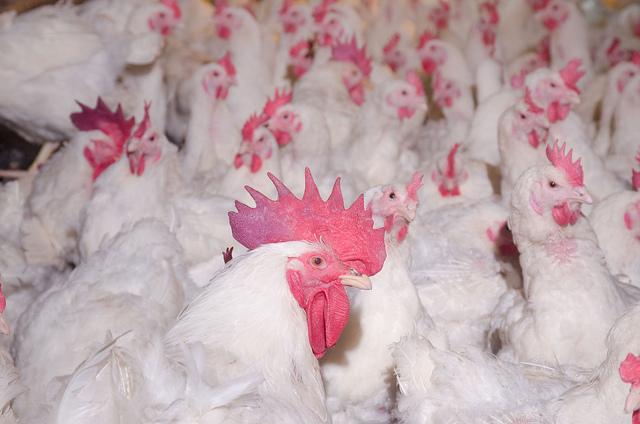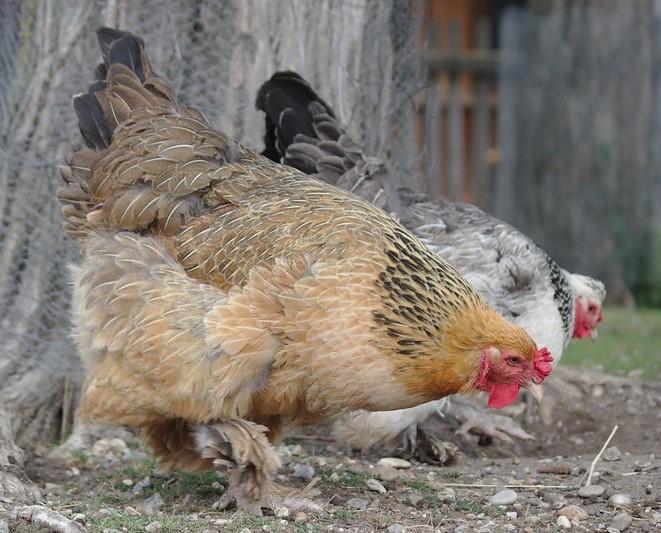
A 3.5-year-old white-tailed doe on a high-fence ranch in Brown County in central Texas has tested positive for chronic wasting disease (CWD), marking the first case of the fatal neurodegenerative disease in the county, the Texas Parks and Wildlife Department (TPWD) reported today.
"The detection occurred on a ranch registered as a deer breeder release site and identified as having received deer from a CWD-positive breeding facility reported in 2024," TPWD said in a news release. "Testing hunter-harvested deer allows animal health officials to assess disease presence and was required as part of the quarantine issued for this property epidemiologically traced to a facility with a CWD-positive detection."
Sound wildlife-management practices urged
CWD is a slow, progressive disease that affects cervids such as deer, elk, and moose. It's caused by infectious misfolded proteins called prions, which spread through direct contact or environmental contamination. While the disease hasn't been observed in people, hunters are advised not to eat meat from a sick cervid and to use precautions when handling the carcass.
Landowners and hunters are encouraged to implement sound wildlife management practices, such as adequate deer harvest and management of healthy native habitat.
"Landowners and hunters are encouraged to implement sound wildlife management practices, such as adequate deer harvest and management of healthy native habitat, to help mitigate disease impacts on the deer populations, especially in areas where CWD has been detected," TPWD wrote.
The disease was first identified in Texas in 2012 in free-ranging mule deer in the Hueco Mountains near the border with New Mexico. Since then, it has since been detected in Texas captive and free-ranging cervids, including white-tailed deer, mule deer, red deer, and elk.












